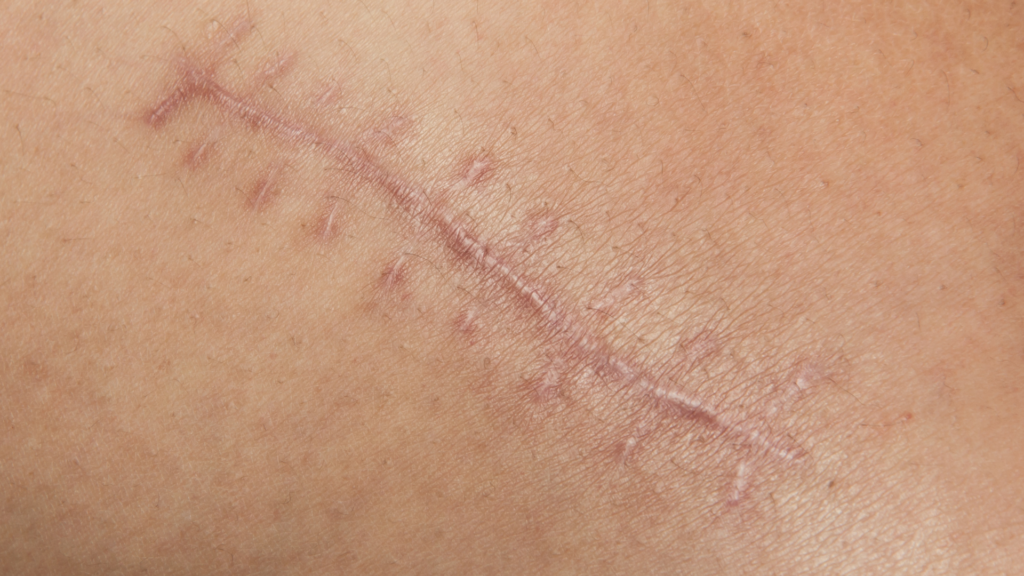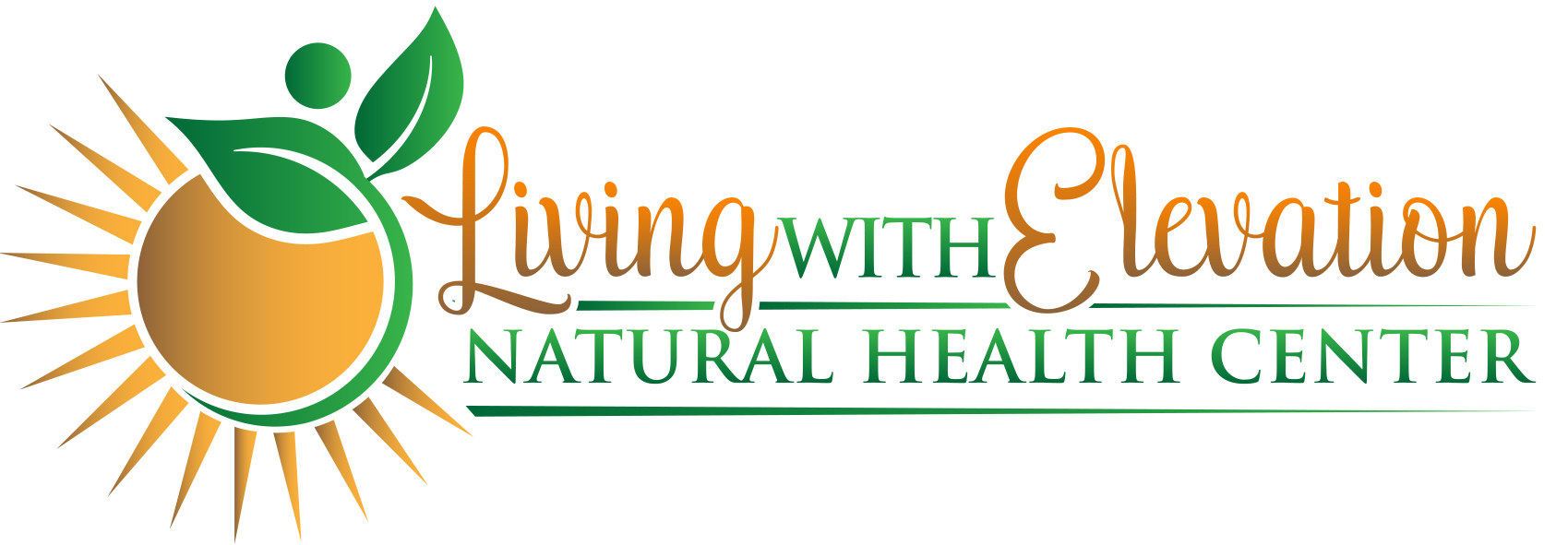- You are here:
- Home »
- Blog »
- Home Care »
- Active Scar Tissue & Your Health

Active scar tissue can potentially affect your health in several ways, depending on the location and extent of the scar tissue and individual factors. Active scar tissue can also be from your youth and even in your first scar, the belly button. Here are some common ways active scar tissue can impact your health:
- Restriction of movement: Scar tissue is different from healthy tissue and tends to be less elastic and flexible. If the scar tissue forms around joints or muscles, it can limit your range of motion and impair mobility. This restriction can lead to discomfort, reduced physical activity, and potentially affect your overall quality of life.
- Pain and discomfort: Active scar tissue may cause pain and discomfort, especially if it forms around nerves or sensitive areas. Nerve endings in the scar tissue can become hypersensitive, leading to pain, itching, or other abnormal sensations. The severity of pain can vary depending on the size, location, and depth of the scar tissue.
- Functional impairment: Scar tissue can affect the functioning of organs or tissues depending on its location. For example, if scar tissue develops in the lungs, it can impair breathing capacity and oxygen exchange. In the case of abdominal scar tissue, it may lead to adhesions that cause digestive issues or pain.
- Nervous system interruption: Scar tissue can affect the flow of signals from one organ to another causing a disruption in the energy flow within the body.
- Mental health imbalances: Scar tissue can create chemical imbalances in the body by disrupting the nervous system signals.
- Cosmetic concerns: Visible scars can have a psychological impact on some individuals, affecting their self-esteem and body image. Scarring that occurs on the face, for instance, may lead to emotional distress and feelings of self-consciousness.
- Potential complications: In some cases, active scar tissue can lead to complications. For example, keloid scars are thick, raised scars that can continue to grow beyond the original wound area. They may be itchy, painful, and can restrict movement if they form over a joint. Additionally, scars that form over internal organs or blood vessels may cause complications, such as blockages or impaired function.
Using an organic wheat germ or sesame seed oil twice daily on the scars for a minimum of 90 days can begin the healing process of the underlying scar tissue. For additional support, use red light therapy over the oils to help drive it into the tissues. Taking a proteolytic enzyme on an empty stomach daily and massage can also support the break down of the scar tissue.
It’s important to note that the impact of scar tissue varies from person to person, and not all scars will have significant health implications.
What kinds of scars should I be treating? Note: only treat scars after the wound has closed
- All surgical scars, even small ones
- All tattoos and piercings
- Any red or itchy scars
- Major injuries that could contain internal scarring
Related Posts
Overcoming Self-Sabotage
Breaking the Chains: Understanding the Weight of Past Pain
New Year, Healthier You: Simple Resolutions for 2024
A Guide for Women who are Battling Burnout
Managing Anxiety: A Holistic Approach to Restoring Balance
